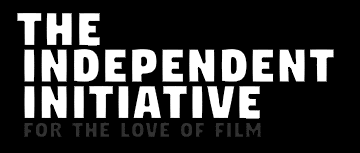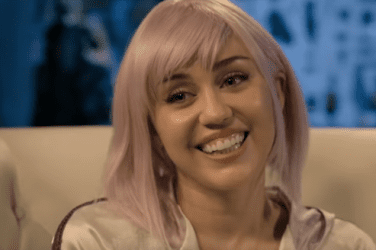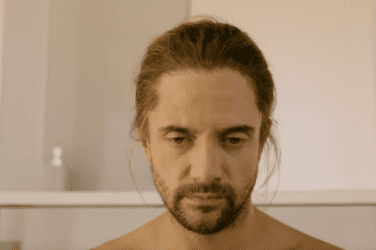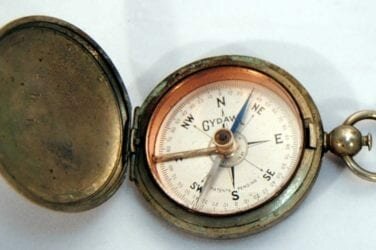People tend to think of documentaries like they’re an exploration, a journey a filmmaker goes on to learn about their topic and while there’s a large element of that in the filming process, it’s more accurate to think of your doc like a creative experiment. Start off with a hypothesis and then through your documentary, or your experiment, your hypothesis is either proved or disproved.
Think of the Netflix documentary Icarus, before the story took a twist the original intention was to prove that doping provides an unfair advantage to athletes. It’s presented in an objective way to let the viewer make up their mind, but it’s very clearly anti-doping even before the Russian element is introduced. If you come at a topic without a thesis you’re going to find yourself with some re-shoots on your hands because taking a purely objective view of an argument is boorring.
Find a Producer
To make a documentary, you’re gonna have to make some calls… a lot of calls. You have to convince people with good credibility, be interviewed, and get locations to film. You can’t find that stuff on your own, you don’t want to find that stuff on your own, you want a producer who can help you do all that stuff, so you don’t have to do it alone.
Make sure to have your questions ready way before you ask someone to be in your film because there’s a solid chance they’re going to want to see the list as soon as you approach them.
This can trip first time documentarians, they feel like they’re losing some edgy element of surprise. Don’t do this, you want to send out your questions as quick as you can so your interviewee A) knows what kind of film you’re making and B) it will give them the most time to think through their answers giving you the most well thought out responses, which will also make them more relaxed on camera.
Have a Flexible Schedule
This should go without saying, but if you’re only used to working on narrative films rather than documentaries it’s something you should think about.
You’re not working with actors who are clearing a whole day or two for you, you’re working with professionals from different working fields and sometimes things come up, like unexpected meetings for example.
You need to be able to schedule for things to go wrong and be able to bounce back. Give multiple dates to your interviewees and multiple times within those dates.
Keep a Small Crew
This one might sound weird, who cares how many people you have working on your film, right? Wrong. Your shooting schedule, while organized, is going to be very sporadic. You’re gonna have a day where you interview one person at 6am, another at 1pm and a third at 10:30pm. Interviews usually last a crazy amount of time, you’re looking at around 2 hours maybe. It’s not very viable to have a lot of people on your crew when you’re asking them to be free for 2 hours here, 2 hours there and an hour and a half here.
Make your life easier. Go out and shoot with two or three people. It’s more fun that way anyways, there’s a fun road trip element to documentaries. Don’t get me wrong it’s long and hard work, but there’s also a relaxed tone you definitely don’t get working on narrative film sets.
Be You
This one sounds a bit lame “Be yourself.” But it’s true! We’re in a golden age of documentaries like people actually watch them now. One of the reasons I think this is because of documentarians injecting their own style and personality into them. Think about any documentary you’ve ever seen, what stood out to you? It’s some part of the unique vision put into motion by the director.
So when you’re thinking of your next project, think about what makes you stand out? What creative vision can you bring to the table?
